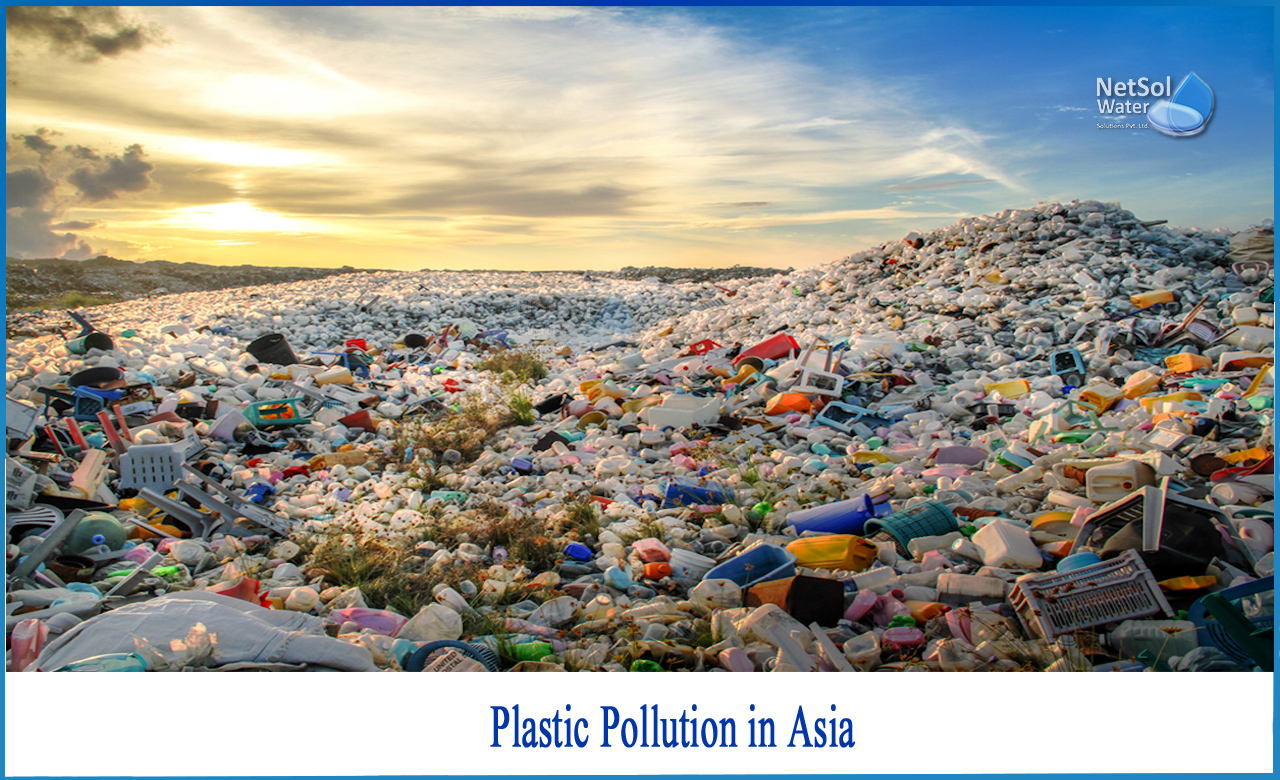What is the impact of Plastic Pollution in Asia?
The use of plastic is deeply rooted in our daily lives, from shopping bags and cutlery to water bottles and sandwich paper. However, the pursuit of convenience is overkill as it does not use plastic efficiently, wastes valuable resources and pollutes the environment.
Overconsumption of plastic and mismanagement of plastic waste are becoming more and more threatening, flooding landfills, choking rivers, and threatening marine ecosystems. This negatively impacts sectors that are essential to many economies, such as tourism, shipping, and fishing.
Impact on South Asia
South Asia has become a hotspot for plastic pollution due to rapid urbanization and an increase in the middle class, and its convenience and versatility have led to increased consumption of plastic products and packaging. However, the local waste management infrastructure has not caught up, resulting in mismanagement of large amounts of waste. COVID-19 is exacerbating the situation with increased consumption of masks, disinfectant bottles, and online shipping packages.
According to a series of landmarks, in Thailand, Philippines and Malaysia, if disposable plastics are discarded and not recycled and re-used, more than 75% of the material value of recyclable plastics will be lost in Thailand, Philippines and Malaysia.
Most plastic packaging waste not only pollutes the environment and pollutes beaches and roadsides, but also harms economies, as only 18-28% of recyclable plastics are recovered and recycled in these countries. It is imperative to change the way plastics are used and handled, and we need to support countries towards a circular economy that seeks to develop products that are waste-free or reused and recycled.
Strategies applied
Countries, businesses, and communities are developing strategies and taking action to reduce, reuse and recycle plastics. Governments should create economy roadmap to prioritize plastic-related policies and investment in target sectors and locations.
World-leading brands and retailers have volunteered to make plastic packages 100% reusable, recyclable, or compostable by 2025. The public and private sectors are working together to readjust priorities, rethink approaches, and change the way plastics are considered valuable resources and business opportunities rather than waste.
Models such as reuse, and replenishment are still in their infancy and are not currently scalable enough to accommodate the growing scale of the plastic waste problem. Alternative materials based on renewable and non-fossil fuel based raw materials are still a niche market and are not yet supported by local standards and infrastructure.
This helps to separate the prices of recycled and new plastics and create local market demand for recycled and up cycled plastics.
Conclusion
The private sector must be an important partner in driving solutions to plastic challenges, contributing to education and involvement, and strengthening cleaning activities through key materials, technology, and financial innovations. As part of that, the International Finance Corporation has developed a framework to help create a new "asset class" of blue credits and fixed income to raise funds for emerging markets to tackle marine plastic pollution.
Netsol Water is Greater Noida-based leading water & wastewater treatment plant manufacturer. We are industry's most demanding company based on client review and work quality. We are known as best commercial RO plant manufacturers, industrial RO plant manufacturer, sewage treatment plant manufacturer, Water Softener Plant Manufacturers and effluent treatment plant manufacturers. Apart from this 24x7 customer support is our USP. Call on +91-9650608473, or write us at enquiry@netsolwater.com for any support, inquiry or product-purchase related query.



